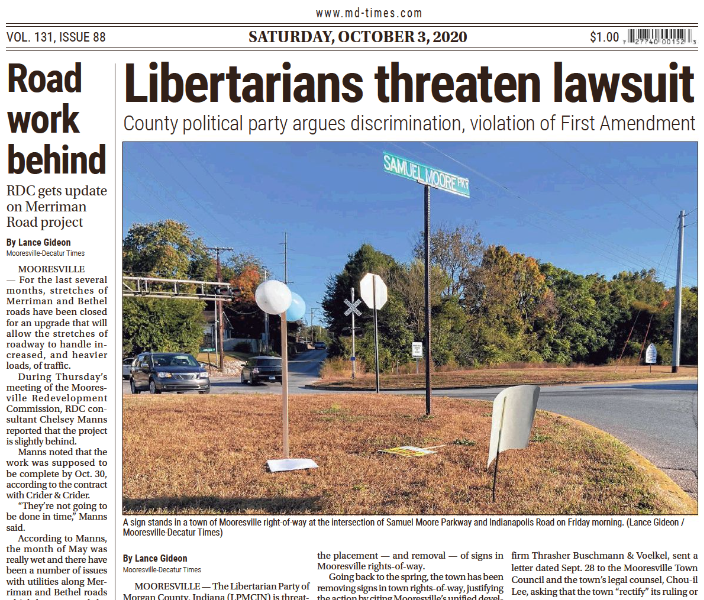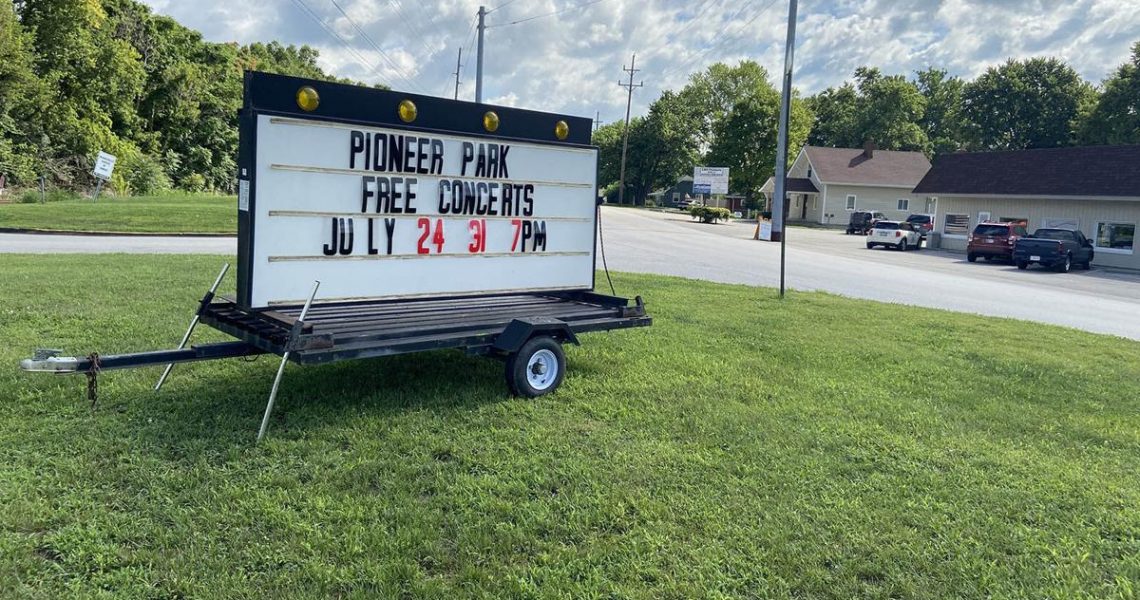Libertarians argue First Amendment violations
MOORESVILLE — The Libertarian Party of Morgan County, Indiana (LPMCIN) is threatening a possible lawsuit against the town of Mooresville in the ongoing saga related to the placement — and removal — of signs in Mooresville rights-of-way.
Going back to the spring, the town has been removing signs in town rights-of-way, justifying the action by citing Mooresville’s unified development ordinance (UDO).
Attorney Mark Rutherford, from the law firm Thrasher Buschmann & Voelkel, sent a letter dated Sept. 28 to the Mooresville Town Council and the town’s legal counsel, Chou-il Lee, asking that the town “rectify” its ruling or face a possible lawsuit.
One of the main topics of controversy has been the placement of political signs in the town’s rights-of-way.
“The Town of Mooresville is ignoring the ruling of the United States Supreme Court concerning regulation of political signs,” Rutherford stated in his letter. “Reed v. Town of Gilbert, Ariz., 576 U.S. 155 (2015) is highly critical of such restrictions and perhaps should be reviewed and studied by the Town Council of Mooresville.”
In the Reed case, the Supreme Court determined that a sign ordinance in the Arizona city, which placed stricter limitations on signs for religious services, was a violation of the First Amendment of the U.S. Constitution.
The three-page letter goes on to note that the town’s restrictions of political signs are “discriminatory” towards the county’s Libertarian Party, and lists examples of that discrimination.
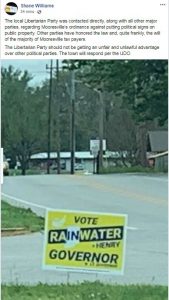
“In one instance, the LPMCIN installed a ‘Rainwater for Indiana’ sign in the median of Indianapolis Road in Mooresville,” Rutherford notes in his letter. “That sign was placed on May 19, 2020, next to a commercial sign that had been placed there prior to April 18, 2020. Soon thereafter derogatory public comments about the Rainwater sign were made by Town Council President Shane Williams, and the LPMCIN was asked to remove it less than a day later.”
The letter then notes that both the Rainwater sign and commercial sign were removed, with Rutherford going on to write that “only a political sign was subject to derogatory public comments.”
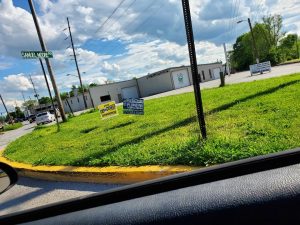
“(T)he Town’s enforcement of its Ordinance is illegal and demonstrates an active and illegal effort to silence LPMCIN and apparently and reluctantly one commercial sign,” the letter notes, while pointing out that other commercial signs remain in place throughout Mooresville.
The letter also points to the fact that the town recently gave permission to a local sorority to place signs for an event it was hosting, and the Mooresville Parks Department also placed a sign in a right-of-way at Samuel Moore Parkway and Indianapolis Road.
On July 13, the town’s public works superintendent Dave Moore gave Delta Theta Tau permission to place signs for its annual Flag Town 5K Run/Walk after a representative from the sorority sent Moore an email.
Then, on July 21, the Mooresville Parks Department was granted by the town council to install a sign in order to advertise concerts at Pioneer Park.
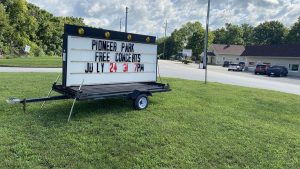
Following the controversy in the spring related to political signs, Morgan County’s political parties were asked to bring up their request to install signs to the town’s Board of Zoning Appeals.
In August, the BZA denied the parties’ variance request to install signs in rights-of-way.
“Apparently, political parties have a heightened standard and must ask permission from the Board of Zoning Appeals first and then to the Town Council if there is a negative decision,” Rutherford’s letter notes. “A sorority only need to email the head of the street department. The parks department can go directly to the Town Council. This discrimination is content-based (political speech) and thus unconstitutional.”
Apparently, political parties have a heightened standard and must ask permission from the Board of Zoning Appeals first and then to the Town Council if there is a negative decision,” Rutherford’s letter notes. “A sorority only need to email the head of the street department. The parks department can go directly to the Town Council. This discrimination is content-based (political speech) and thus unconstitutional.”
The Mooresville-Decatur Times reached out to both LPMCIN chairman Danny Lundy and Williams to get their comments on this matter.

Lundy said that it was unfortunate that the situation has led to the letter being sent, adding that the fight is not about the Libertarian Party.
“It is really about protecting everybody’s rights in town,” Lundy said. “If you can’t put a ‘Just Be Kind’ sign out by your mailbox, I mean, that is an infringement.”
Williams offered a comment through attorney Beth Copeland, who practices in the same firm as the town’s legal counsel.
“The Town of Mooresville is in receipt of the letter from the Libertarian Party of Morgan County and stands by the actions it has taken thus far involving the issue of signs,” the statement reads. “Given the Libertarian Party of Morgan County is threatening to sue the Town for decisions it has made, the town has no further comment on the matter.”
Rutherford’s letter ends by noting that “if action is not taken within 14 days” he would recommend that the Libertarian Party consider legal action against the town of Mooresville.
~ By Lance Gideon | Reporter | Published October 2, 2020 in The Mooresville Times
** On November 5th, 2020 a response was Taft law firm issued a response to the letter. You can read that here.
